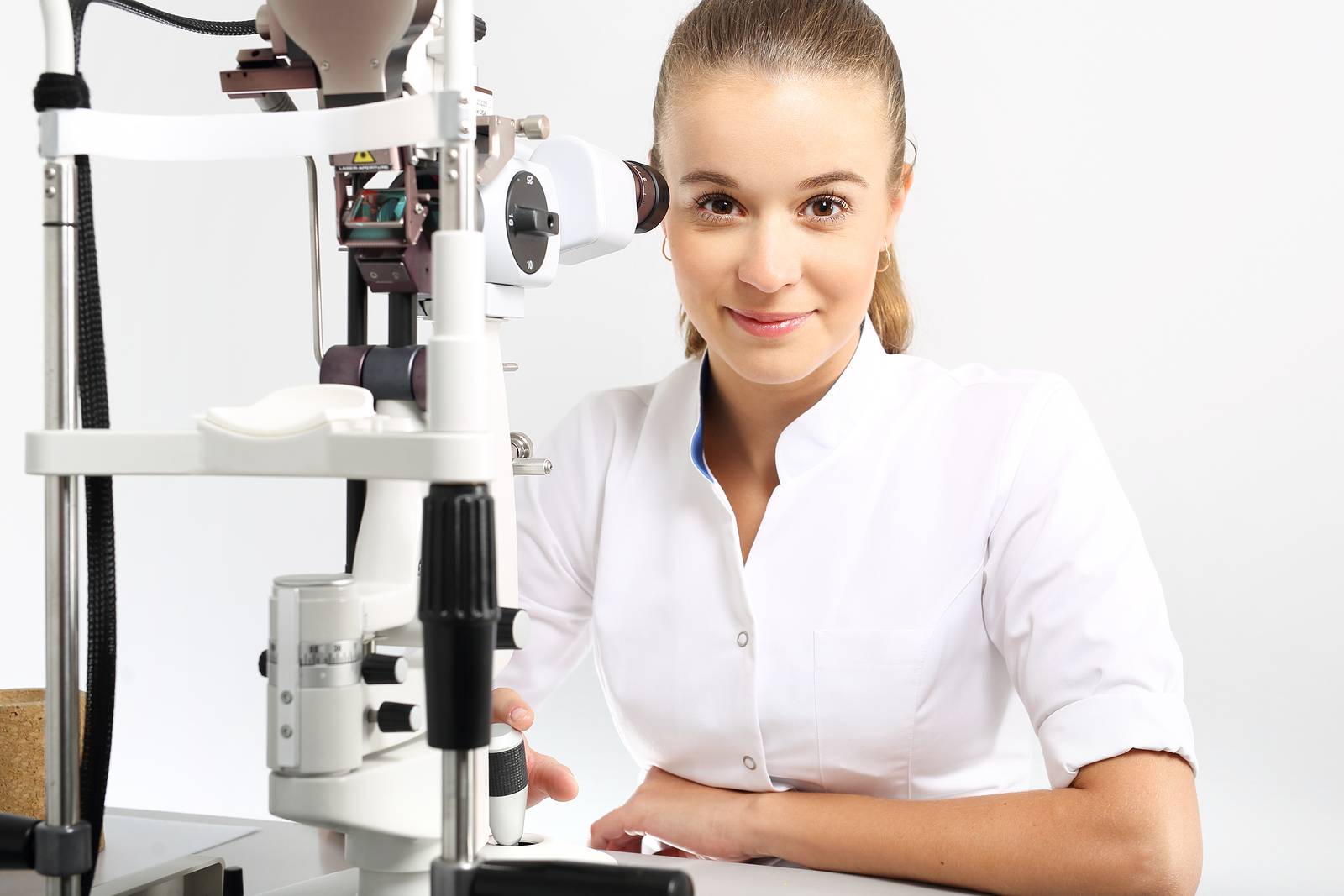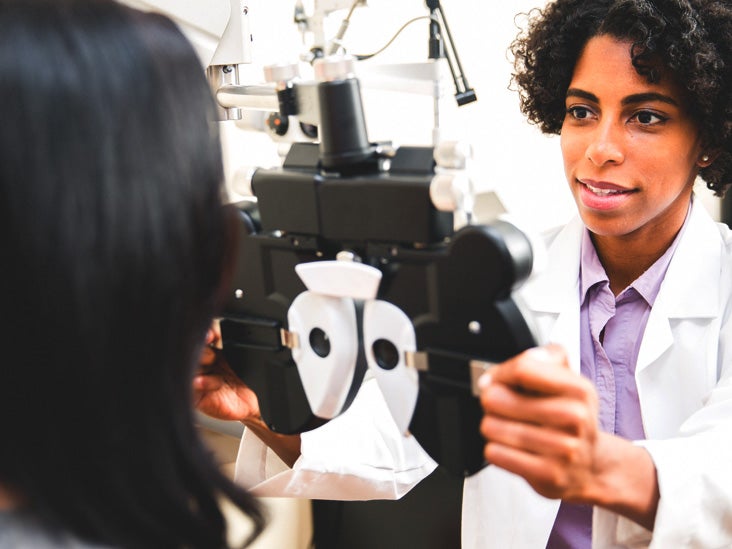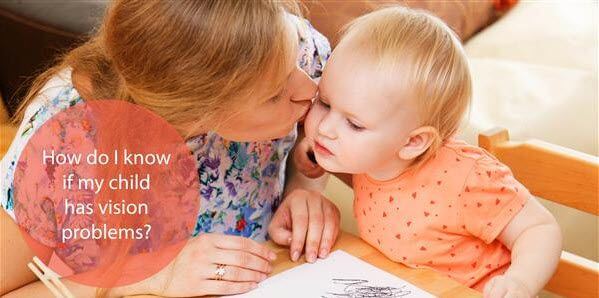Adult & Paediatric Eye Surgery Things To Know Before You Buy
Table of ContentsEye Checks Can Be Fun For EveryoneExcitement About ConjunctivitisPaediatric Ophthalmology Fundamentals ExplainedAdult Strabismus for Dummies
Ophthalmologists are medical physicians that specialize in the medical diagnosis and therapy of eye as well as vision troubles. These three kinds of eye treatment specialists have rather similar-sounding names and also overlapping task descriptions.They can not offer eye exams, compose prescriptions, or detect or treat eye problems. can analyze your eyes, examination your vision, suggest glasses or get in touches with, and detect as well as deal with lots of eye conditions and also illness. They are not medical physicians or cosmetic surgeons however can suggest specific eye-related medications (https://hub.docker.com/u/drcrlinecatt). Give eye tests, vision screening, and also prescriptions for glasses or get in touch with lenses.

Eye doctors detect and deal with injuries, infections, conditions, and disorders of the eye. Treatments can include medication taken by mouth (by mouth) or topically (in the eye), surgical procedure, cryotherapy (freeze therapy), as well as chemotherapy (chemical therapy). Ophthalmologists go to clinical college after that obtain numerous years of specialty training in the medical and medical care of the eye.
The 9-Minute Rule for Adult Cataract
As they are the only physician who can treat all eye problems, eye doctors see a wide range of eye problems, including: How typically should you have an eye test? What are signs and symptoms that indicate you may have an eye issue that requires to be inspected by an ophthalmologist? The American Academy of Ophthalmology recommends: As children's eyes are growing as well as altering quickly, they ought to receive a vision testing.
Adults that have healthy eyes as well as excellent vision should have 4 detailed eye examinations: one in their 20s, two in their 30s, and also one at age 40. These examinations may enable the eye doctor to catch an eye disease or vision changes beforehand. By the time you notice signs and symptoms, you might currently have some vision loss (PAEDIATRIC OPHTHALMOLOGY).

Individuals who are at a higher risk of eye illness may require to get an eye exam regularly. This can include individuals with diabetes mellitus, high blood stress, or a family members background of eye troubles - PAEDIATRIC OPHTHALMOLOGY. After age 65, your eyes must be inspected each to two years. No matter age, people who use contacts should have a complete eye exam annually.
Your view depends on seeing the best optometrist at the appropriate time. When it's time to "get your eyes checked," make certain you are seeing the best eye treatment expert for your demands. Eye doctors, eye doctors as well as lens each play a crucial function in supplying eye like customers. But the levels of training as well as expertise are quite different for each and every kind of service provider.
Indicators on Eye Checks You Should Know

is a clinical or osteopathic doctor who focuses on eye and also vision treatment. Ophthalmologists differ from optometrists as well as opticians in their degrees of training and in what they can detect and also deal with (https://wpforo.com/community/profile/drcrlinecatt/). As a medical doctor who has completed university as well as at the very least eight years of extra medical training, an ophthalmologist is licensed to exercise medicine and also surgical procedure.
Several eye doctors are also associated with clinical research study on the causes and treatments for eye illness and also vision conditions. SUBSPECIALISTS: EXTRA UNDERSTANDING AND ALSO TRAINING FOR DETAILS EYE requires While eye doctors are educated to take care of all eye troubles as well as conditions, some Eye M.D.s specialize in a certain area of clinical or surgical eye care.
He or she normally completes a couple of years of additional, a lot more thorough training called a fellowship in among the primary subspecialty locations such as glaucoma, retina, cornea, pediatrics, neurology and also plastic surgical treatment, in addition to others. This included training and knowledge prepares an eye doctor take treatment of more complex or specific conditions in particular areas of the eye or in certain teams of individuals.
An optometrist is not a medical physician. An optometrist gets a physician of optometry (OD) degree after finishing 4 years of optometry college, preceded by three years or even more years of view it university. They are accredited to practice optometry, which primarily includes executing eye exams and also vision examinations, prescribing and also dispensing rehabilitative lenses, identifying certain eye abnormalities, as well as suggesting medications for sure eye conditions.
How Paediatric Ophthalmology can Save You Time, Stress, and Money.
They utilize prescriptions supplied by eye doctors or optometrists, but do not check vision or compose prescriptions for visual improvement. Lens are not permitted to diagnose or deal with eye diseases. We all depend upon our vision in even more manner ins which we might realize. Without healthy vision, our ability to work, play, drive or also acknowledge a face can be drastically impacted.
That's why it is so important to see an eye doctor for a total clinical eye exam by age 40, and also then as frequently as prescribed by your Eye M.D.
A complete, medical eye examination by an Eye M.D. could be the initial step toward conserving your sight. Protruding of one or both eyes; Dark curtain or shroud that obstructs your vision; Lowered vision, also if short-term; Diabetes mellitus; Distorted vision; Double vision; Excess tearing; Eyelid problems; Household history of eye disease; Halos (colored circles around lights); High blood stress; HIV or Help; Injury to the eye; Loss of peripheral (side) vision; Misaligned eyes; New floaters (black "strings" or specks in the vision) and/or flashes of light; Discomfort in the eye; Thyroid disease-related eye problems (Tomb' condition); Unusual red eye.